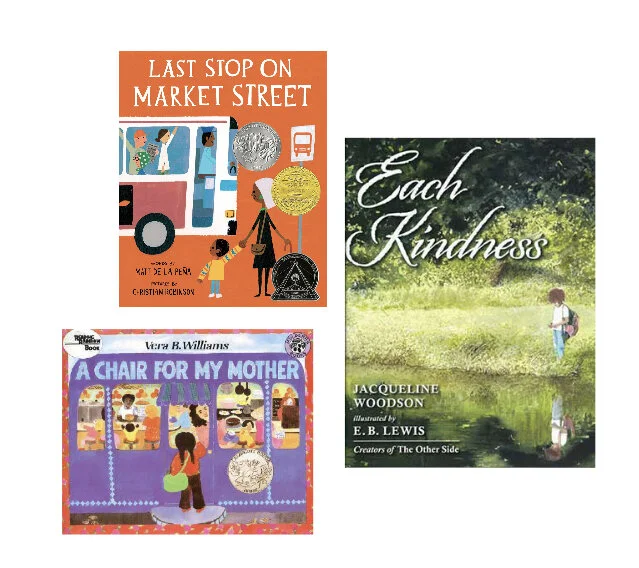"Magic Words" by Jill Weiner
“Say please.” The teacher tells the toddler before handing him snack. “I want crackers, please.” He
modifies. “Now say thank you.” The child abides.
I sit with the children at the table and wonder: Why are we asking children to say please and thank you
when they are just learning to speak. There are plenty of ways for a child to ask for something kindly
without saying please and thank you.
“What are the magic words?” The teacher asks a preschooler next. The child stares at her blankly. “P-p-
p” She waits for the child to answer with the hint. “Please.” The teacher answers for the child before
serving her snack.
Magic words? Why are they even called magic words?
Telling children to say please and thank you shows them that they can get what they want after they say
these words. It teaches that these words “magically” make their request appear. It does not teach that
tone and inflection matter nor does it teach children what please and thank you are really all about:
Respect, acknowledgement, and gratitude. Plus, these words are meaningless without action and
intention behind them.
Saying please shows the other person that you value their time and energy in completing a task. “I want
some crackers, please” sounds much better than “I want crackers.” However, think about the tone of
voice a child is using when making a request. A child who uses a kind voice to ask for crackers should get
their crackers, but the child who whines please or uses an assertive voice should be reminded about
their tone of voice. Is ‘please’ a better alternative in this case?
‘Thank you’ acknowledges that someone else took time out of their day to help and shows
consideration for the other person’s thoughts and feelings . Forcing a child to say thank you teaches
them that they can say words without meaning it. Have you ever said “I’m sorry” and not meant it? This
situation is similar. An empty thank you does not mean much to the person completing the task for you
and makes them less likely to do it in the future.
While please and thank are important to teach children at some point, there are other ways to teach
children the ideas behind these words. Besides a teacher modelling appropriate behavior, a teacher can
invite a child to hand out snack. In this scenario, they are better able to understand the teacher role and
imitate the caregiver. A child can demonstrate gratitude through affection and inviting a teacher over to
play with them. While they may not have the words and understanding that this is a display of gratitude,
they are still portraying this idea and it is up to the teacher to verbalize it and add these words to their
vocabulary.
What please and thank you come down to is creating an atmosphere of respect and gratitude. With
these magic words and the environment, children will learn what please and thank you truly mean. But
we also need to be reminded that children show us these values and other ways. You just need to look
for it.





